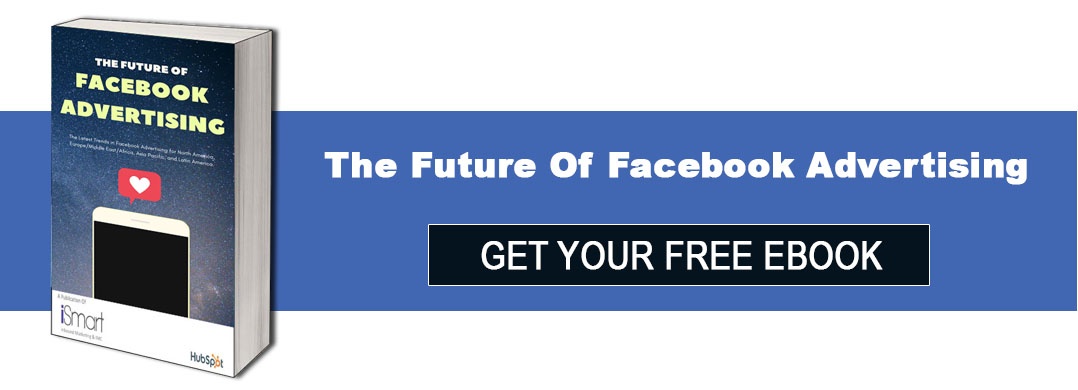
How to Craft Irresistible Offers That Boost Lead Generation
September 25, 2025
3 Effective Ways to Generate More Leads with Social Media Advertising
September 25, 2025

If you have been following the latest Digital Marketing news, you should have already heard about the Facebook Data Policy change. If you haven’t, here’s a quick run-through of what went down in the social media world:
- On 10 April 2018, Mark Zuckerberg, the founder of Facebook, was called down before the Senate for a five-hour hearing before a joint session of the Commerce and Judiciary committees.
- In the hearing, Zuckerberg was drilled with questions about how 87 million people’s information has been collected by political data-mining firm, Cambridge Analytica.
- Zuckerberg also cleared myths about Facebook’s advertising and data collection practices before the Senate and media. So, no, Facebook is not snooping with your phone’s microphone to target ads at you.
As Data Protection laws are getting stricter, Facebook has no choice but to make changes in their data policies. Recently in Singapore, the Parliament has already acted on the deliberate online falsehoods, and could possibly impose a legislation for it too.
Here are some changes Facebook has made on their data policy:
- In the past, they have never mentioned Instagram at all. The updated version mentions that they may use your activity on Instagram to recommend your stuff on Facebook.
- If the user chooses to import or synchronize contact information, for instance, address book or call log or SMS log history, Facebook has the right to collect this information.
The most important change however, is that Facebook will be shutting down Partner Categories. In other words, Facebook advertisers who use third-party data will be largely affected.

How are Facebook advertisers reacting to this?
Generally, digital advertisers are unfazed by the data policy change. Especially if you are an experienced digital advertiser who have a clear understanding of your target audience, this policy change shouldn’t affect you at all.
However, if you use third-party database and have not been collecting qualitative data about your user behaviour, you will be affected. Since you don’t know your audience well, creating Facebook advertisements could eventually be a problem.
To counter this problem, Facebook advertisers should focus on widening their reach using behaviour-defined target segments, for example, use Lookalike audiences. Using this feature however, will mean that you will have to understand the kinds of personas who are engaging with you. This can be tough work but trust me, it will all play well in the end.
Adjusting to this change can be shocking, and at times a little overwhelming. But fret not, it’s never too late to understand your audience yet. You can start off by having a proper Facebook Marketing strategy. Through A/B testing, you should be able to predict how your audience will react to certain types of content. Over time, you will master how your page users behave, and the types of people to target.
This development is an immensely positive step forward for digital privacy and consumer protection. Facebook’s announcement signals a significant public policy change for the company: It will hold both itself and its data partners more accountable. Other platforms that share third-party data are surely studying Facebook’s decision and considering how they, too, can distance themselves from brokers and increase their data transparency.



